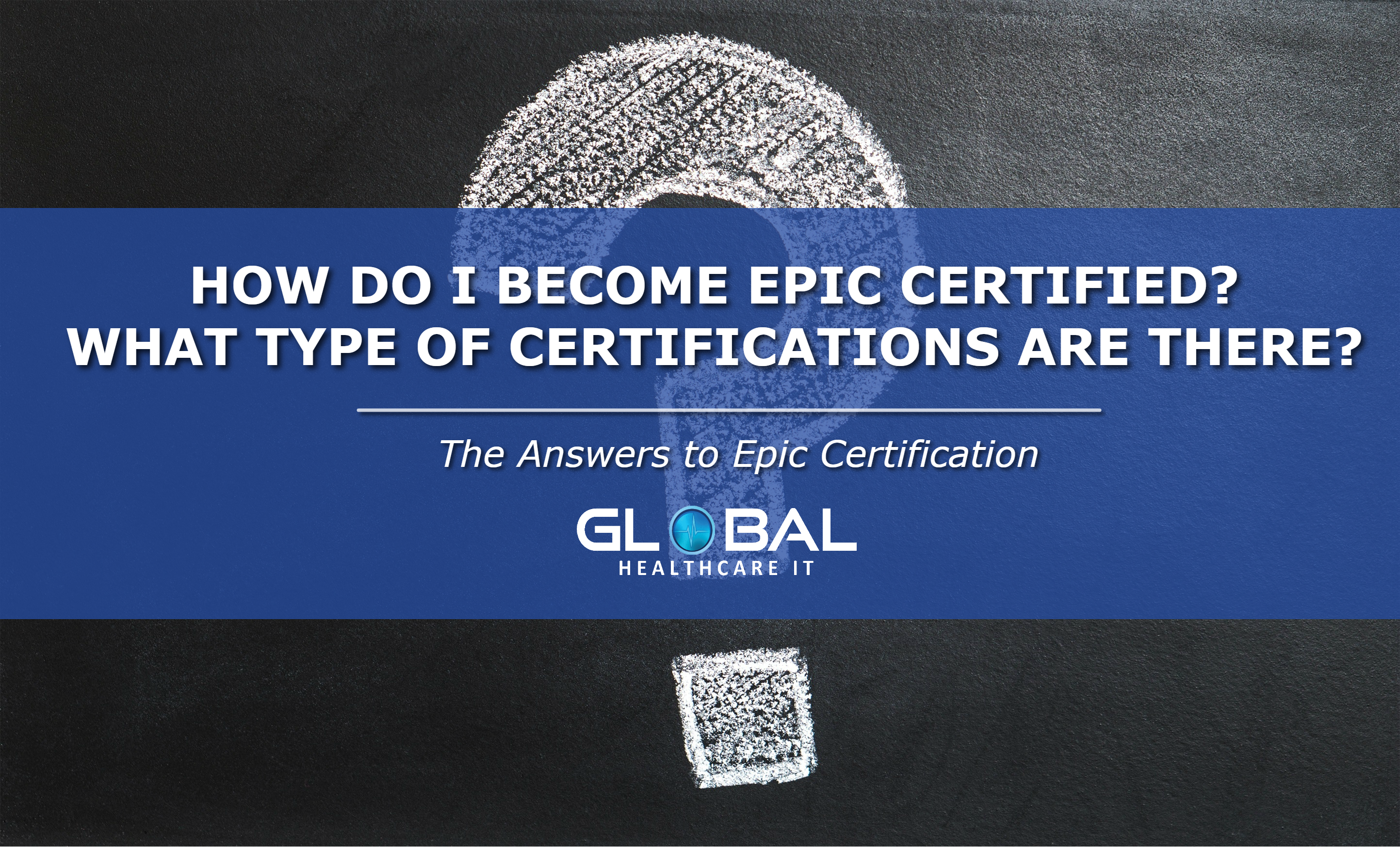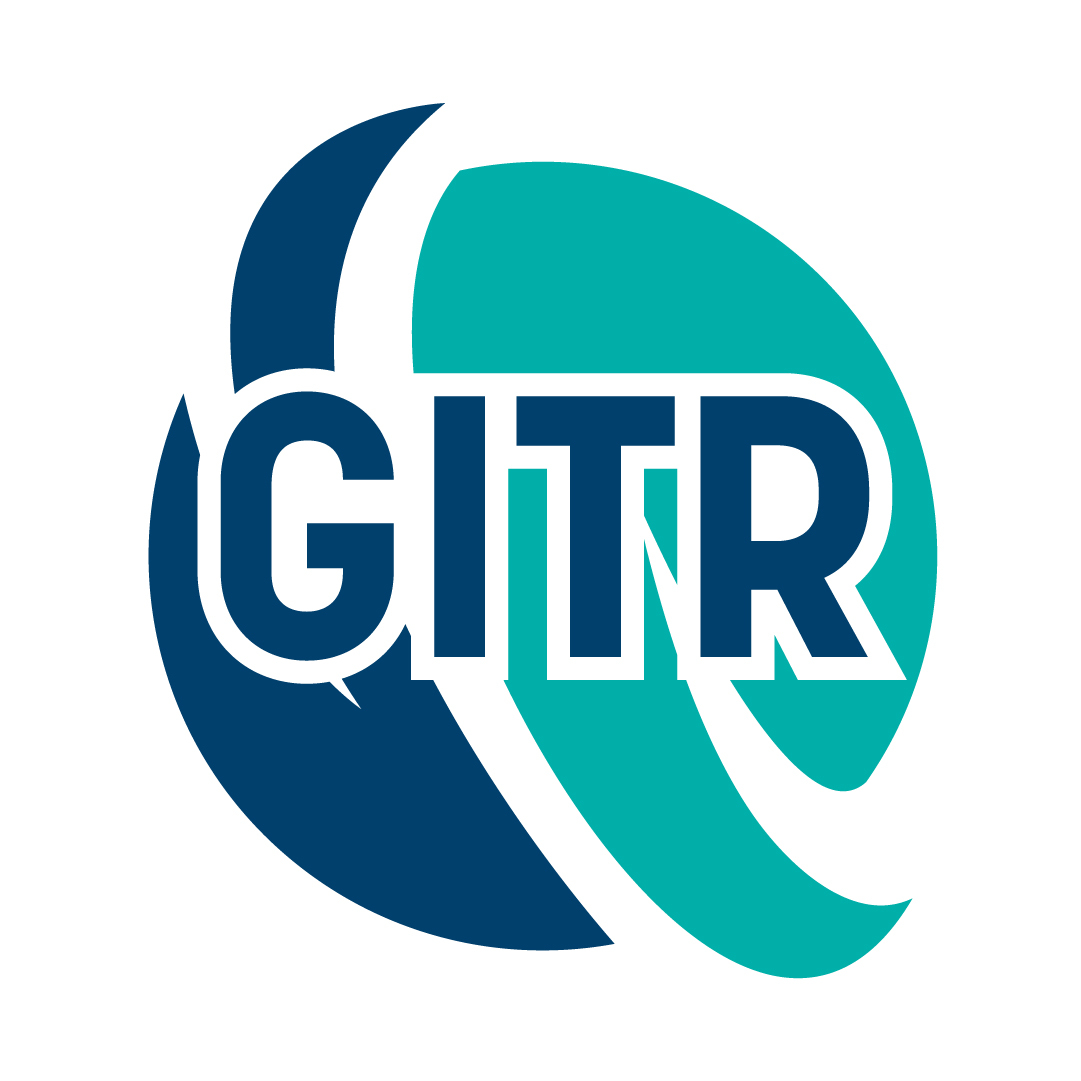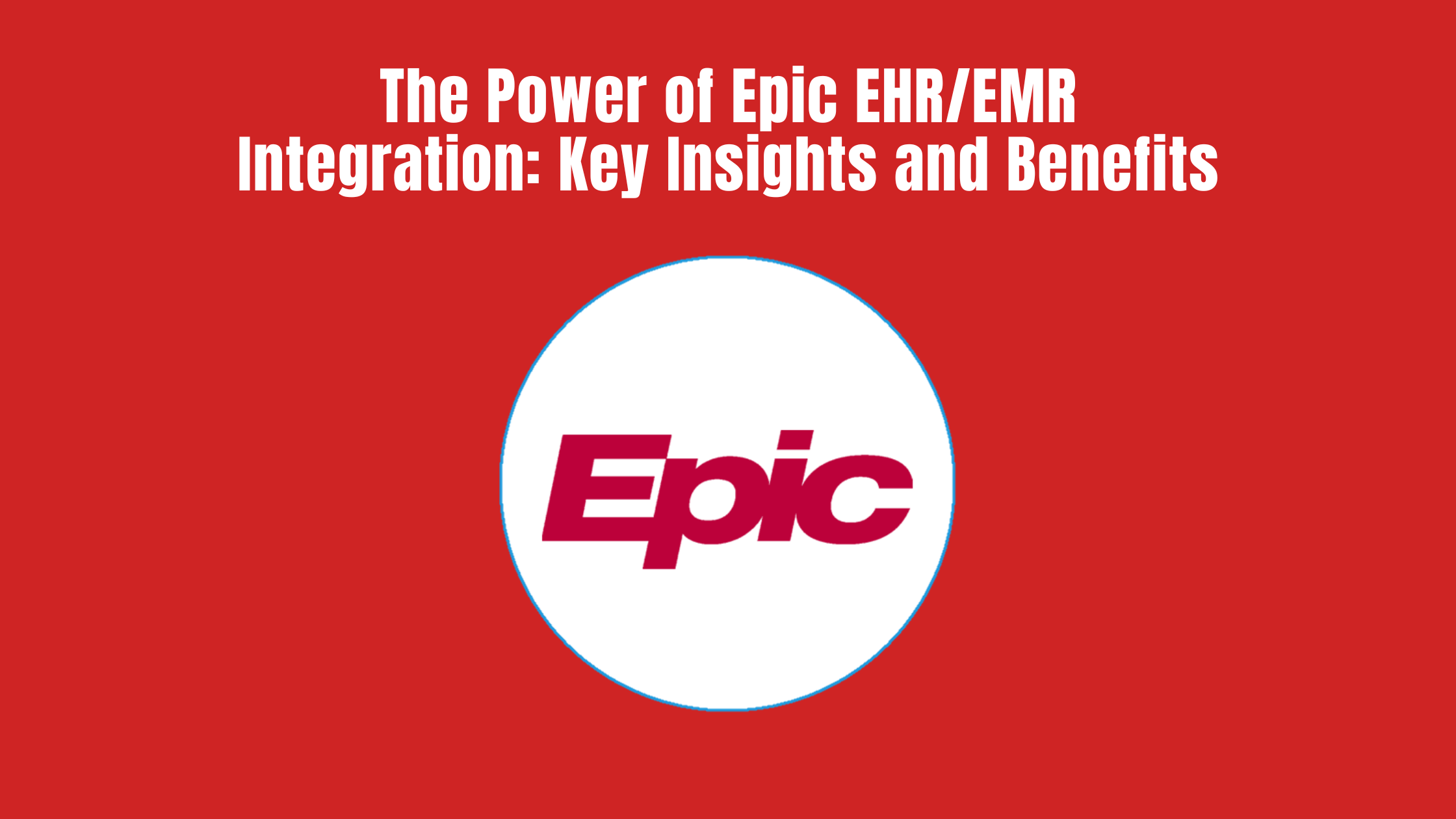
How Do I Become Epic Certified? What Type of Certifications Are There?
As you may know Epic has won best in KLAS EMR software on numerous occasions. They have won a variety of best in KLAS awards 9 out of the past 10 years. With the growing demand for the Epic EMR, there is an increased need for certified Consultants. According to ZipRecruiter, nationwide Epic certified Analysts make an average of $91,518 a year. The figure will differ of course depending on the type of certifications and which state you work in.
You are now probably asking yourself, how do I become Epic certified?
As you may well have learned, there is no easy way to earn this. There are only two ways of starting your journey to become certified: 1.) Getting sponsored by your hospital or 2.) Working directly for Epic Systems. Even if you were able to have open doors to one of the two, it all depends on you. Amy Demski wrote an article for Global Healthcare IT, going in to depth about her certification journey with Epic.
Another potential solution to get your foot in the door is to start off as a go-live/ATE/Help desk/etc Consultant. Once you can take part in an implementation, you are more likely to increase your chances of becoming sponsored by a hospital. Of course, it may take a handful of hospitals before you are given this opportunity, but it will increase your chances greatly.
What Type of Certifications Are There?
The great thing about Epic is that they have modules that cover 90% of a hospital needs.
Here is a list of some of the most popular, different Epic software modules:
- ASAP: emergency room
- Beacon: medical oncology
- Beaker: hospital lab orders
- Bridges: clinical interfaces
- Cadence: scheduling and tracking patient appointments
- Caboodle: cogito data warehouse
- Cupid: cardiology
- EpicCare Ambulatory/Inpatient: clinical documentation, order entry, e-prescribing
- EpicCare Everywhere: health data exchange
- EpicCare Home Health: caregivers
- EpicCare Inpatient: similar to ambulatory but inpatient
- EpicCare Link: communication portal
- Grand Central: manage hospital stays
- Haiku: android and apple application
- Healthy Planet: PHM
- HIM: management of patient health records
- Kaleidoscope: ophthalmology
- MyChart: patient portal
- MyChart Bedside: patient can track progress to discharge
- OpTime/Anesthesia: scheduling and documentation for surgical procedures
- Prelude/ADT: patient registration system
- Radiant: radiology
- Resolute HB: hospital billing
- Resolute PB: professional billing
- Resolute HB Claims: hospital billing claims
- Resolute PB Claims: professional billing claims
- Reporting Workbench: operational reports
- Rover: mobility solution to review and document tasks on mobile devices
- Stork: obstetrics
- Willow: pharmacy
- Wisdom: tools for dentist
This is not the complete list of modules as Epic continues to create additional modules to accommodate every aspect of the healthcare field.
A Good Place to Aim For:
Epic Ambulatory certification is one of the most common Epic certifications since it is one of the main and largest components of Epic EHR system. With this module, Primary Care and Specialty clinicians are to input data such as: clinical documentation, order entry and e-prescribing. In our previous article, we highlighted that nationwide an Epic Ambulatory Analyst makes about $84,999 a year. If you are looking to get into this field, a good place to start is with the Epic Ambulatory module and look to get certification from there.
If you are currently certified and you are looking for your next role, please send your current resume to info@globalhit.com to speak to one of our recruiting specialists.
This article was created by Stephanie Sok, Business Researcher, Global Healthcare IT, Inc. with assistance from the following base line articles: For more on each please click on the link.
The Road to Epic Certification: Lessons Learned on One Consultant’s Journey
Different Types of Epic Modules and Highest Demand Certifications


